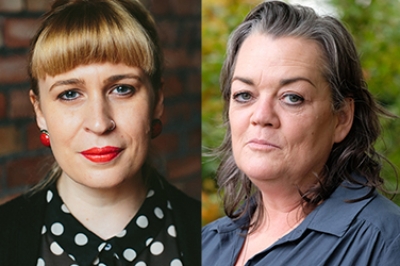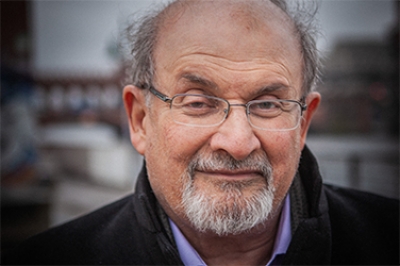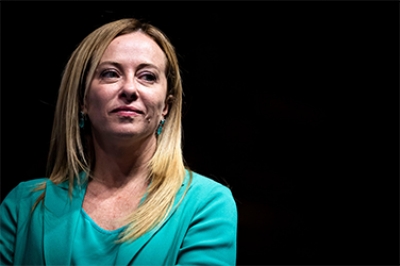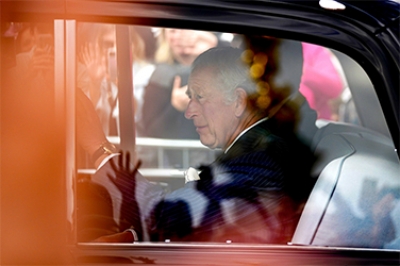Commentary
The National Anti-Corruption Bill 2022 was introduced into parliament by the attorney-general, Mark Dreyfus KC, on 28 September 2022. After the second reading speech, the NACC Bill was sent for consideration to a Joint Select Committee, which duly completed its report in time to enable the Bill to be considered for enactment in November.
... (read more)In the middle of 2022 researchers at the Kirby Institute at the University of New South Wales announced that Covid-19 had infected more than half of Australia’s twenty-six million people. The number came not from polymerase chain reaction tests, nor from the results of rapid antigen home tests, but from the sampling of Australian blood banks. After all the tables, graphs, and pressers, the serosurvey demonstrated that the virus was everywhere among us and inside us, reconfiguring our bodies as well as our social and political worlds.
... (read more)A revolt! Well, that is a welcome change, even if the awards produced some inconsistent results. Arthur Leydin, the chairman of the judges, has reacted violently against ‘good taste’ and ‘Englishness’ this year, and books which in other years might have carried off first prize, such as MUP’s Ludwig Becker (designed by Len Trenkner, printed by Wilke, and a 2½-pica book by my reckoning), barely scraped a commendation
... (read more)A ‘rake’ of fiction by women from Northern Ireland was published in the first months of 2022, much of which takes the Troubles as its focus, both directly and indirectly. ‘Rake’, a dialect word which crops up across these books, means a significant quantity or gathering of something. ‘Rake’ can also mean to drive a car hard, like ‘hoon’ in Australian English.
... (read more)Restricted to phone consultations due to the Covid lockdown and my chemo-blasted immune system, I rely increasingly on the selfies of body parts that patients text me to help diagnosis. My iPhone library of lumps, bruises, wounds, rashes, boils, red eyes, and even vaginal discharges, grows rapidly, a luminous pathology museum that often reminds me of Dr Azov in Salman Rushdie’s Midnight’s Children (1981), who examines his future wife through a hole in a sheet and, over the course of many house calls, assembles a jigsaw picture of the complete woman with whom he will slowly fall in love.
... (read more)In 1994, Italian photographer Massimo Vitali, seeking to understand the Italy which had swept Silvio Berlusconi’s Forza Italia (FI) comprehensively into power, took his camera to the beach at Marina di Pietrasanta ‘to see who the Italians were … [and] to understand their attitudes … at that precise moment in history’. In 2022, Italian politics returns to the beaches for a campagna balneare (a seaside campaign) conducted in a summer atmosphere of crisis when most Italians are taking their annual vacation.
... (read more)Has anyone else been chuckling upon hearing the words ‘Charles III, king of Australia’? In my household, the movie Anchorman is a sacred text, and its buffoonish 1970s news anchor protagonist Ron Burgundy is our holy fool. So devoted is our fandom that we own the Anchorman out-takes DVD. In one scene that was cut, the ambitious and glamorous television journalist Veronica Corningstone confides to Burgundy that she dreams of being the first female network news anchor.
... (read more)During next month – October – we celebrate Australian Book Week, and during this week the winners of the National Book Council 1978 Australian Literature Awards will be announced. As one of the judges, I have been forced by this contest to think not only about the value of competitions in the arts, but also about what we might mean by giving any book an award for ‘best of its kind’. Certainly, the contest, like the book week, helps to bring public attention to Australian books, and brings some sort of monetary reward to the author and publisher of the winning entry.
... (read more)We heard the news in the Giardino. Our party had agreed to meet at the American pavilion. James Rondeau of the Art Institute of Chicago, co-curator of the Robert Gober exhibit, was going to take us through the show. As the various members made their way through the 49th Venice Biennale to the rendezvous, we learned that the World Trade Centre towers had been hit and that the Pentagon was on fire. Behind us, the American pavilion was quietly closed. On the vaporetto back to the hotel, a Belgian businessman was on his cell phone to his secretary in Brussels. He turned and told us that both towers had collapsed.
... (read more)The most imaginative, although in all probability the least politically effective, of the campaign badges produced for the current Australian elections is the ALP Badge, ‘the light on the hill’. The badge, a simple cloisonne in blue and red with gold wire, symbolises the hopes of that great Australian, J.B. Chifley.
... (read more)




